Belonging Beyond Borders: Migrant Student Enrolment Soars in Kerala
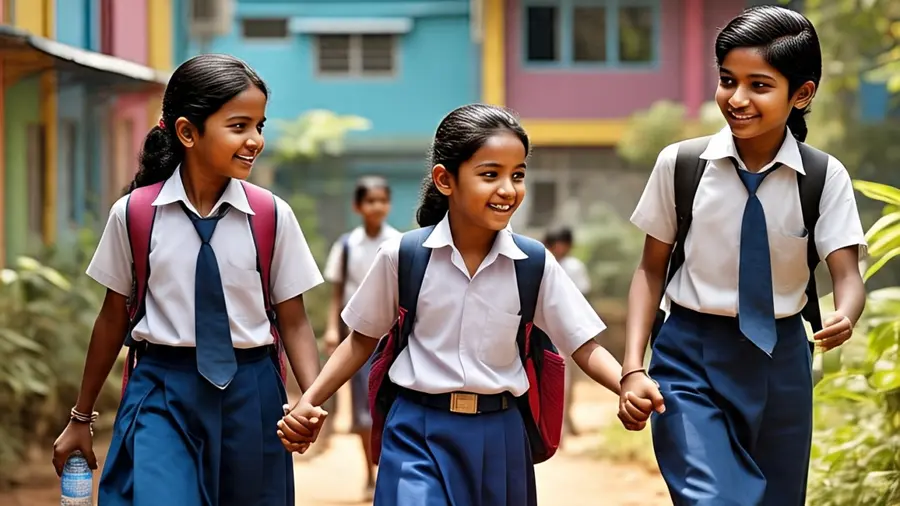
Representative Image

Web desk
Published on May 13, 2025, 01:16 PM | 5 min read
To Soham (name changed), Kerala may not be where he was born, but it's beginning to feel like home. A Class 4 student at Binanipuram Government School, he beams with pride as he shows off a gold star his Malayalam teacher gave him for an essay. “Assam is where my parents lived before,” he says with a wide smile, “but for me, Kerala feels like home.”
Soham is one of more than 24,000 children of migrant workers currently attending schools across Kerala—a figure that has been steadily growing. In the 2024–2025 academic year, a total of 24,525 children from migrant families were enrolled in classes 1 to 10 across government, aided, and unaided schools. This represents a 15.14% increase from the previous year, when the number stood at 21,299.
Binanipuram Government School, where Soham studies, reflects this demographic shift. Today, more than 85% of its students are from migrant families. The school drew widespread attention last academic year when it achieved a 100% pass rate in the SSLC examination—seven of those successful students were children of migrant workers.
Across government schools alone, the number of non-Keralite students rose from 8,490 in 2023–2024 to 10,018 in 2024–2025—an 18% jump. Aided schools saw an increase from 12,421 to 13,619 students, while unaided institutions recorded the most dramatic rise—from just 288 to 888 students, more than tripling their enrolment.
According to the Directorate of General Education, the majority of migrant students come from Tamil Nadu, Assam, West Bengal, Bihar, and Uttar Pradesh. In 2023–2024, these five states contributed 11,394 students. Assam led the way with 3,161 enrolments, followed by West Bengal (3,032), Bihar (2,631), and Uttar Pradesh (2,570). The next year, that figure rose to 13,751. Assam maintained its lead with 3,882 students, followed by West Bengal (3,758), Bihar (3,380), and Uttar Pradesh (2,731).
Notably, students from Bihar now constitute the largest share—28.4% of the migrant student population—while enrolment from Assam and West Bengal rose by 22.8% and 24%, respectively.
In 2023–24, a total of 340 students from various countries studied in schools in the State, with Nepalese students accounting for 333 of them. That year also saw students from Russia, the UAE, and Kuwait. In 2024–25, the total number of international students stood at 336, with 332 of them from Nepal. The remaining foreign students were from Sri Lanka, the Philippines, and the Maldives. Nepal thus remained the primary home country for most international students.
The Launch of ‘Jyothi’
Despite the encouraging numbers, a significant portion of migrant children remains outside the education system. Recognising this, the Kerala government has launched a pioneering initiative—Jyothi—aimed at ensuring that every child of a migrant worker has access to education and a supportive learning environment.
Kerala is home to over 35 lakh migrant workers, many of whom have relocated with their families. While thousands of their children attend school, many still remain invisible to the education system. Jyothi seeks to bridge this gap.
Unveiling the programme, Chief Minister Pinarayi Vijayan declared, “No child should grow up on the streets without the light of education. It is our collective responsibility to ensure their future is not lost to neglect.” He called on communities to unite in support of the initiative.
Jyothi adopts a comprehensive, community-based strategy. Local self-governments are tasked with maintaining updated records of migrant families and monitoring children’s attendance. This data will be integrated into the state education register to enable timely interventions for at-risk children—those who are out of school or at risk of dropping out.
Educators are central to the initiative. Teachers and education outreach teams will engage directly with migrant families to encourage school enrolment and ensure consistent attendance. Children aged 3 to 6 will be enrolled in anganwadis, while those older will join public schools.
Importantly, Jyothi also promotes cultural inclusion. A cultural education coordination programme will help migrant children embrace both their native heritage and the local Malayali culture—fostering empathy, respect, and integration.
Describing the initiative as “a vital stride toward inclusive development,” the Chief Minister emphasised that Jyothi is designed not just to educate children, but to uplift entire families and help them build secure, meaningful lives in a state that welcomes them.
From Roshni to Changathi: Building on Past Successes
Jyothi follows in the footsteps of earlier successful initiatives. The Roshni programme helps children of migrant workers overcome language barriers by teaching them Malayalam, English, and Hindi. The Changathi project, led by the Kerala Literacy Mission, assists adult migrant labourers in learning Malayalam. Both projects have seen significant participation, particularly in Ernakulam, a key hub for migrant workers.
Together, these efforts signal a broader vision of inclusivity in Kerala’s approach to education—where no child is left behind, regardless of where they come from.In essence, Jyothi is more than a government programme—it is a promise. A promise that every child, no matter their roots, will have the opportunity to learn, grow, and shine.




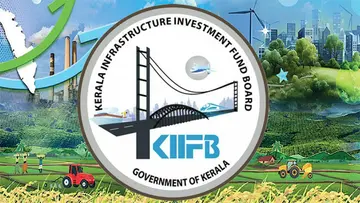
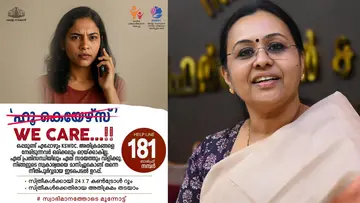
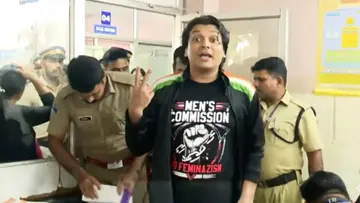

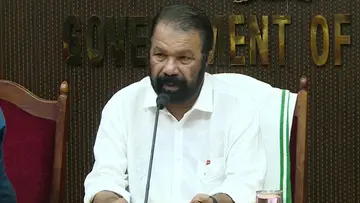

0 comments